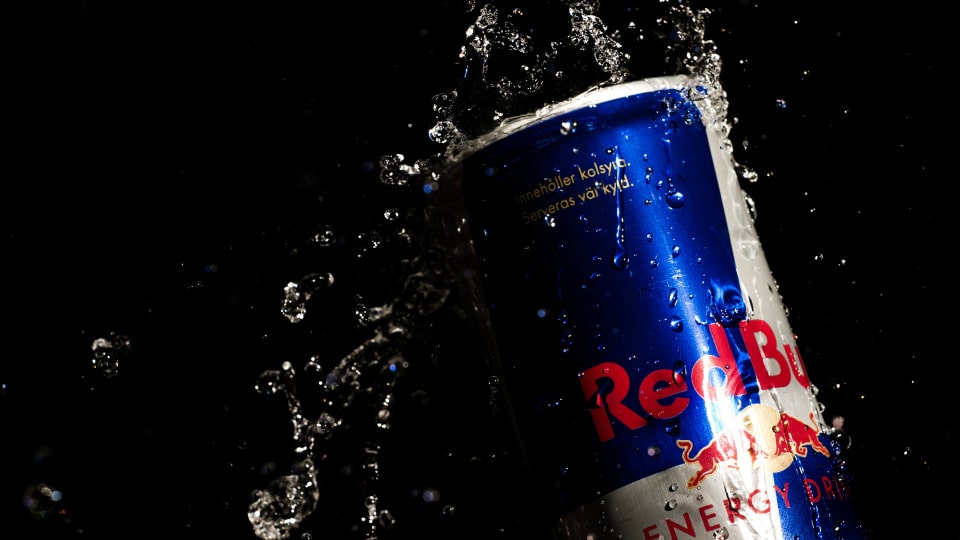


quinolone antibiotics, used to treat infection.People on certain medicationsĬheck with your doctor or pharmacist about possible interactions with medications you take, such as: To get an idea of what this means, a 12-ounce cola contains between 23 mg and 37 mg of caffeine.

In a study published in the journal Pediatrics, AAP recommends that children and adolescents not consume more than 100 mg of caffeine per day. Canadian guidelines recommend no more than one 12-ounce caffeinated beverage per day for children between the ages of 4 and 6. The FDA hasn’t issued guidelines for caffeine consumption by children.

The result may be a restless, irritable baby. However, infants don’t metabolize caffeine well, and it can stay in their bloodstream longer. Only about 1 percent of the caffeine you consume is found in your breast milk, according to AAP. The organization recommends that nursing mothers drink no more than three cups of coffee or five caffeinated beverages a day. The American Academy of Pediatrics (AAP) advises breastfeeding mothers to drink caffeinated beverages in moderation. Research about the effects of caffeine on the infants of nursing mothers isn’t conclusive. If you’re pregnant, you should limit your caffeine intake to 200 mg a day, according to the American College of Obstetricians and Gynecologists. The following groups of people should avoid caffeine: Pregnant women The effects of the caffeine will wear off in three to four hours.
473ml red bull caffeine full#
The stimulant properties of caffeine are increased further because it enhances the effects of natural stimulants, including:Īfter enjoying a caffeinated beverage, the full caffeine jolt usually occurs within an hour. Caffeine mimics adenosine so effectively that it’s able to take the place of adenosine in your brain and liven things up. There, it mimics adenosine, a compound that’s present throughout your body.Īdenosine works like a depressant, slowing you down and making you sleepy. When you ingest caffeine, it hitches a ride to your brain via your bloodstream. This produces a highly concentrated caffeine powder. The word “anhydrous” means “without water.” After harvesting, caffeine is extracted from the plant matter and dehydrated. The caffeine in coffee comes primarily from Coffea arabica, a shrub or tree that grows in high-altitude subtropical and equatorial regions of the world.Ĭaffeine anhydrous is made from the seeds and leaves of coffee plants. Caffeine is a natural substance found in the seeds and leaves of certain plants.


 0 kommentar(er)
0 kommentar(er)
